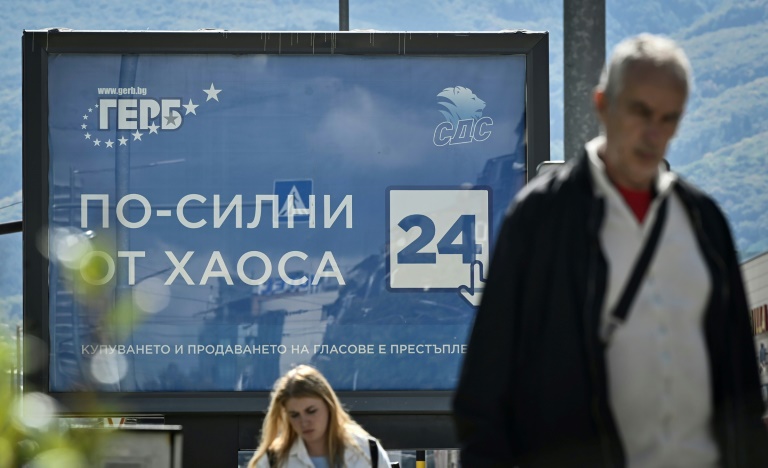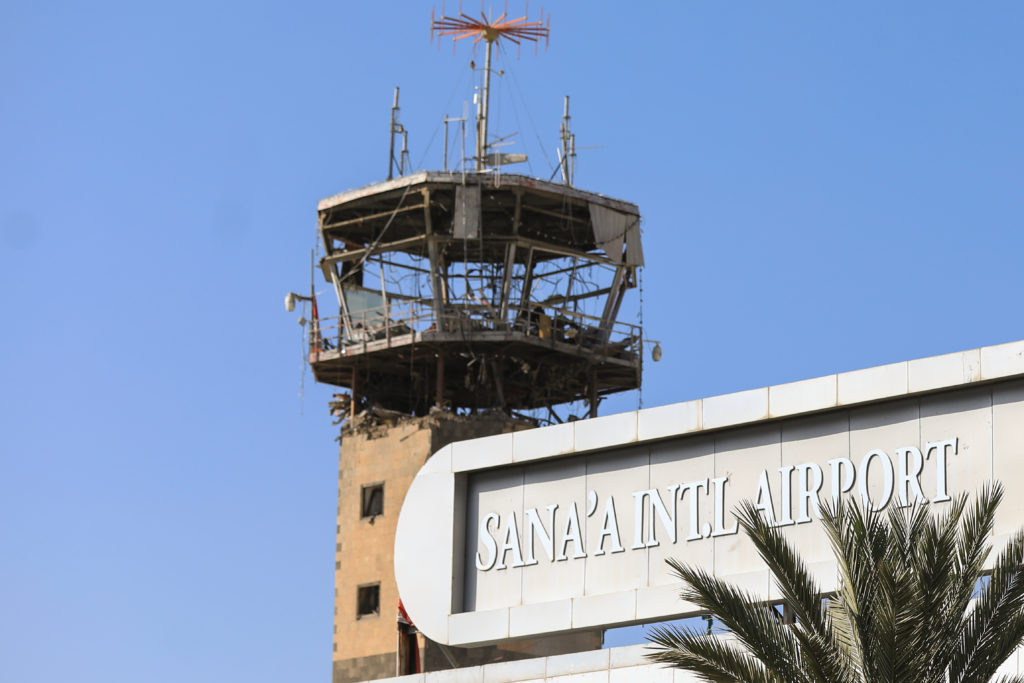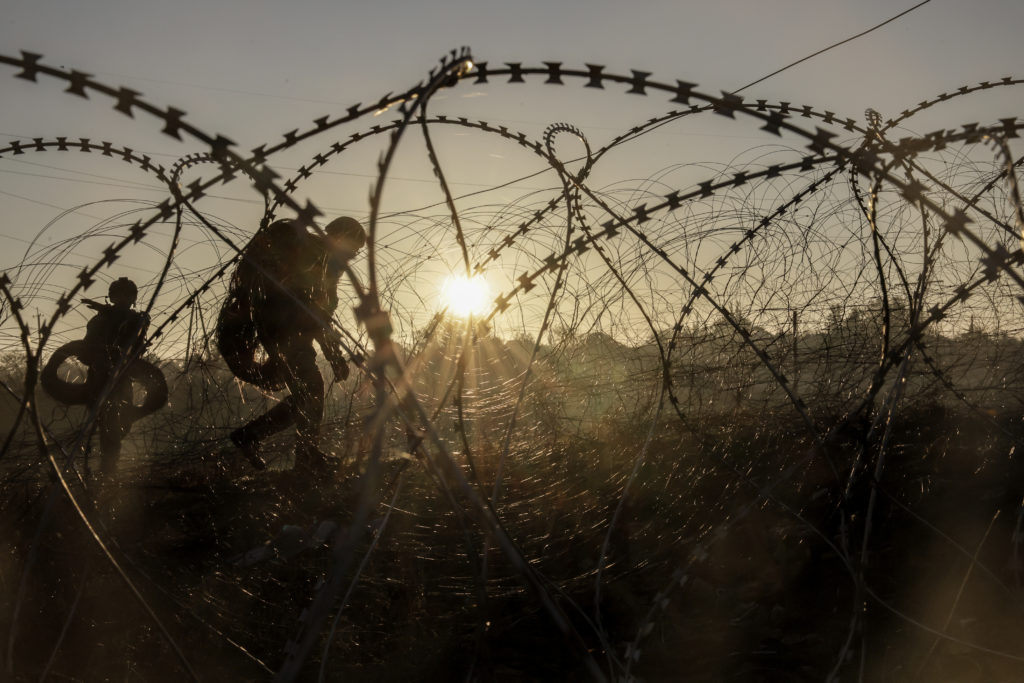Soaring prices and energy costs are uppermost in Bulgarian voters' minds
Bulgarians voted Sunday in their fourth general election in 18 months, anxious about soaring consumer prices and energy costs ahead of a winter overshadowed by the Ukraine war.
While endemic corruption was the focus of the previous vote last November, economic woes are now top of voters’ concerns.
The European Union’s poorest member state is battling annual inflation of close to 20 percent.
“Voters are preoccupied with the prices a lot more than with the geostrategical topics that political parties bicker about,” political analyst Antony Todorov told AFP before polls opened at 7:00 am (0400 GMT).
They will close at 8:00 pm when polling agencies will announce their first exit poll results.
Krasimira Velkova, a 64-year-old economist from Sofia who came to cast her ballot shortly after polls opened, confirmed these fears.
“People worry about inflation, about the fact that when you enter a food store, a shopping trolley that’s just half full costs a fortune. The difference compared to last year is absolutely staggering,” she told AFP.
“We are worried about how we’ll get through the winter, how we’ll bear the cold, if we’ll be able to pay our bills,” Velkova added.
Bulgaria’s former three-time premier Boyko Borisov, 63, who dominated politics for a decade and is now eyeing a comeback on a “return to stability” platform, could benefit from people’s fears.
Polls on the eve of the ballot show support for his conservative GERB party rising, crediting it with about 25 percent of the votes.
– ‘More work to do’ –
The Balkan country has been dogged by political instability since early last year when GERB lost power following massive anti-corruption demonstrations.
Borisov’s rival, outgoing reformist premier Kiril Petkov, 42, has urged voters to let him “continue the change” he started but is lagging in the polls on around 16 percent.
The Harvard-educated former entrepreneur stormed onto the political scene in 2021 and managed to piece together a precarious four-party coalition after winning last November’s vote.
However, after only a seven-month stint in power, he was toppled in a no-confidence motion.
In an interview with AFP this week, Petkov trumpeted his success in the fight against “corruption practices” that allowed his cabinet to redistribute public funds, offering pension rises and free kindergarten.
“So it’s a great first step, but we have a lot more work to do,” he said.
“The challenge is to really show that the Bulgarians have made the choice, the choice for a new European, progressive, transparent Bulgaria versus going back to the years of transition, to the politicians of corruption,” he urged.
Retired lawyer Sasho Chobanov, 74, hailed the “right foundations” laid down by Petkov’s reformist, even if short-lived, cabinet.
“The only thing that I am anxious about, from a moral point of view, is not to have the bandit party come back to power,” he said, referring to GERB.
– Pro-Russian kingmakers? –
Petkov categorically ruled out forming a coalition with Borisov, heightening fears the vote may fail to end the country’s worst period of political instability since the end of communism in 1989.
Borisov, on the other hand, has said he would be “open to anyone” for talks on a cabinet for the sake of stability.
Todorov, the analyst, said he was sceptical about the chances of Borisov’s GERB party being in that position.
“I don’t believe that GERB, which is very isolated, could return to power,” Todorov said.
“The situation is critical, Bulgaria needs a government but not at any cost,” he added.
The protracted political instability has left Bulgaria struggling to pass reforms and has hampered economic growth.
Another analyst, Georgy Kiryakov, said Borisov could find potential coalition partners in the Turkish minority MRF party and the ultra-nationalist Vazrazhdane party.
The openly pro-Russian formation has gained popularity since the start of the Russian invasion of Ukraine in February.
In a country with close historical, economic and cultural ties with Moscow, latest polls credit it with 11 to 14 percent of the vote.










